Search
Search Results
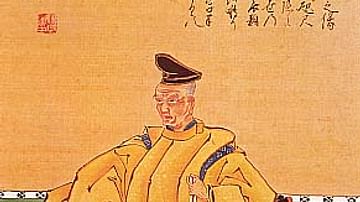
Definition
Chikamatsu Monzaemon
Chikamatsu Monzaemon (1653-1725) was a Japanese playwright who wrote for both the puppet theatre and kabuki. He is regarded as Japan’s greatest dramatist. Apart from their aesthetic appeal, his plays are of value because they provide an insight...

Image
Korean & Chinese Forces Attacking the Japanese Fort of Ulsan
A painting showing Chinese and Korean forces attack the Japanese fort of Ulsan in southern Korea during the Japanese invasions of Korea between 1592 and 1598 CE, otherwise known as the ‘Imjin Wars.’ (Municipal Museu of Fukuoka, Japan)
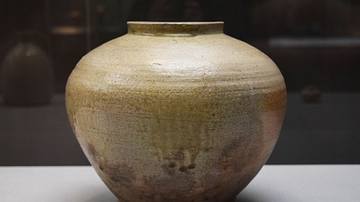
Image
Ancient Japanese Jar
This ancient Japanese jar dates from the 8th century CE, which corresponds to the Nara period in Japanese history. It is made of clay and natural glaze. (Tokyo National Museum)

Video
Interview with Garry Shaw - Egyptian Mythology Travel Guide
Join World History Encyclopedia as they talk to Garry Shaw, an Egyptologist and author of a brand new book Egyptian Mythology: A Travelers Guide From Aswan to Alexandria. Garry's book on Egyptian mythology starts with a journey beginning...
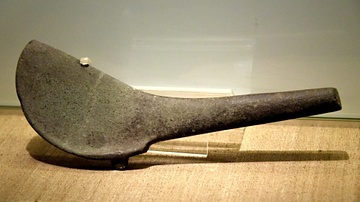
Image
Japanese Blade-Shaped Object
About 60 similar examples were have been unearthed in Japan, from Southern Hokkaido and Northern Tohoku region. They were made between 2500 to 500 BCE. They may have been used in rituals but the details are unknown. Stone. From Japan. 2500-500...
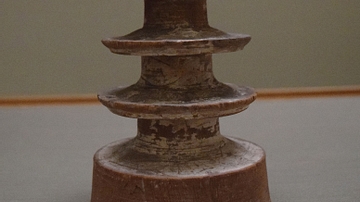
Image
Maquette of an Ancient Japanese Pagoda
This is one of the "One Million Pagodas" that were made of wood during the Nara period, around c. 770 CE. (Tokyo National Museum)
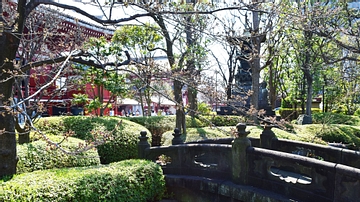
Image
Japanese Gardens around Sensoji Temple
Founded in 645 CE, Sensoji Temple is the oldest and most important Buddhist temple in Tokyo, Japan. It is surrounded by gardens, other temples, and the Asakusa Shinto Shrine.
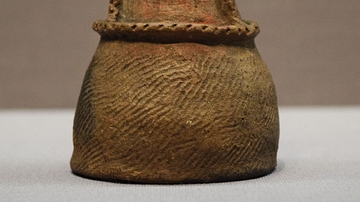
Image
Prehistoric Japanese Jar
This jar comes from the Kanbayashi archaeological site, which is located in Kitakatashi in Fukushima prefecture, Japan. It dates from the 2nd-1st century BCE, during the Yayoi Period. (Tokyo National Museum)
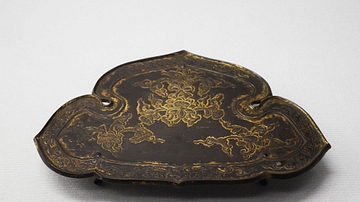
Image
Japanese Ritual Implement Stand
This ritual stand has a lotus flower and arabesque design. It is made of gilt bronze and dates from the 12th century CE, which corresponds to the Heian era. Important cultural property. (Tokyo National Museum)

Video
Japanese Art History: Jomon, Yayoi and Kofun Periods
The art of Neolithic Jomon and the Protohistoric Yayoi and Kofun periods of Japan.